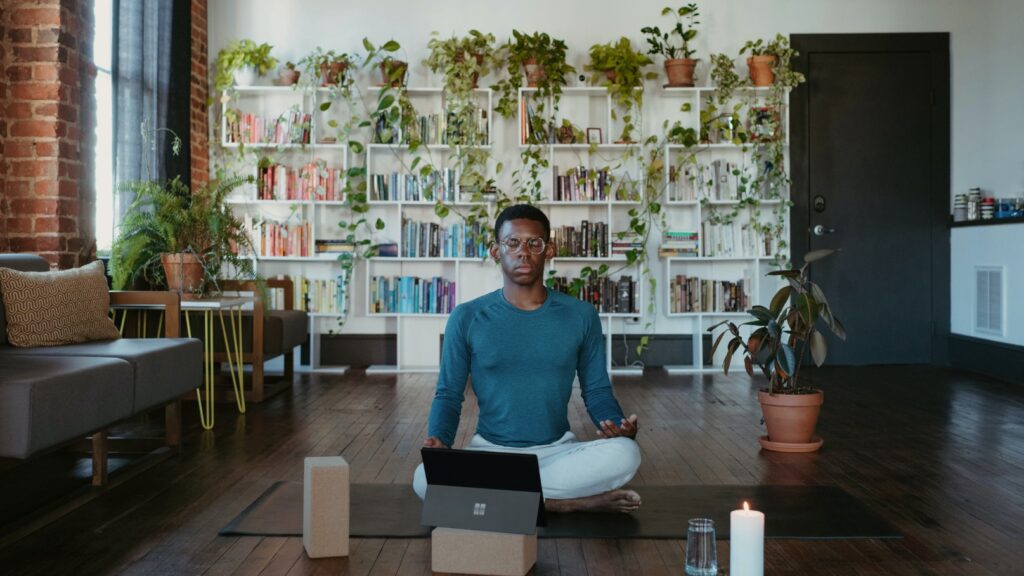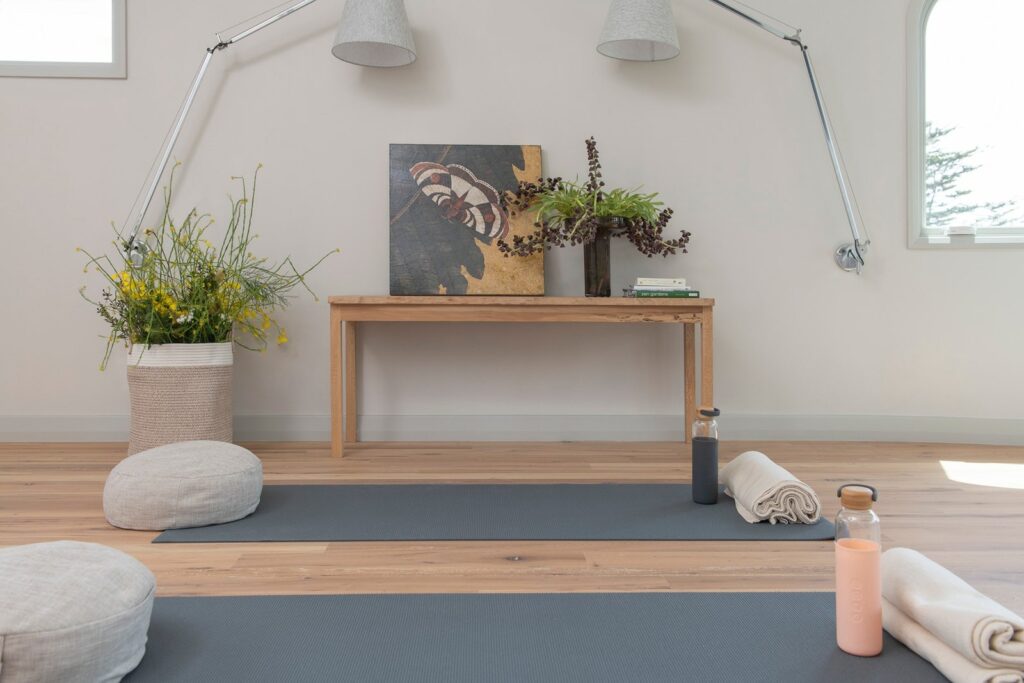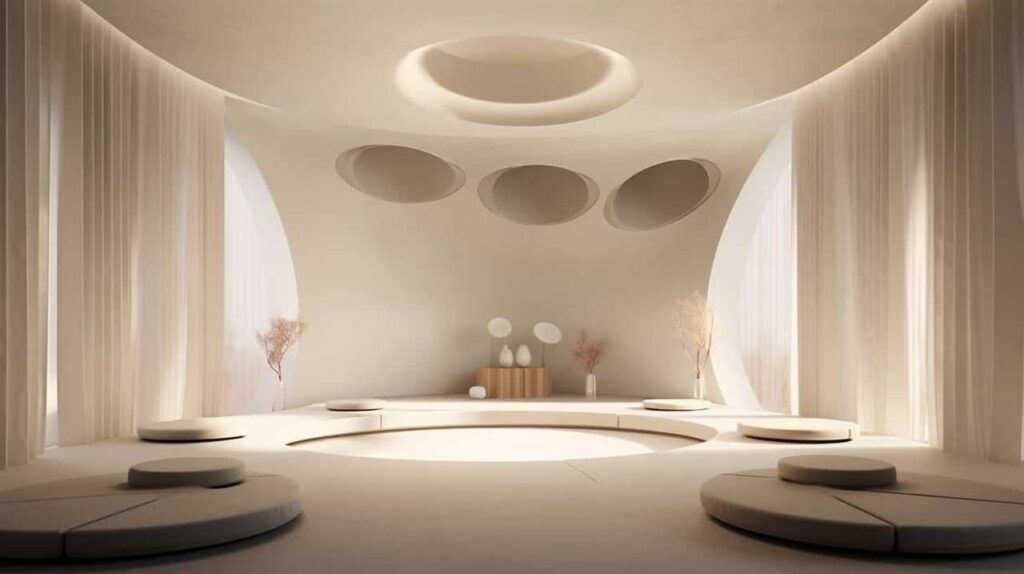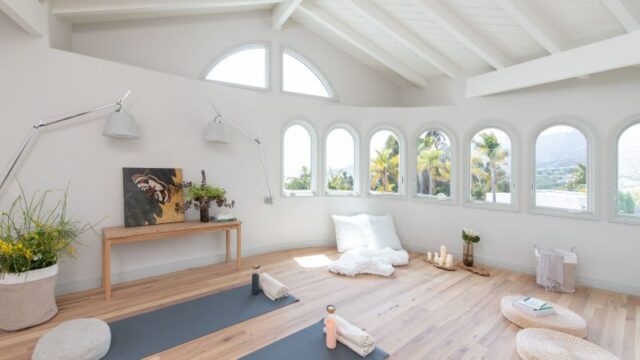In the quest for a balanced life, creating a dedicated wellness space in your home can be a game-changer. A multi-purpose wellness room serves as a sanctuary for various health and relaxation activities, from yoga and meditation to spa-like treatments. This article will guide you through designing a versatile and rejuvenating wellness room in your own home.
Conceptualizing Your Wellness Space

Determining the Purpose of Your Wellness Room
The first step in designing a multi-purpose wellness room is to identify the activities you plan to engage in. Whether it’s yoga, meditation, light workouts, relaxation, or even beauty treatments, understanding your wellness needs will help shape the space. Consider the activities that bring you peace and health, and let them guide your design choices.
Choosing the Right Location
Select a space in your home that feels naturally calming. This could be a spare room, a sunroom, or even a quiet corner in a larger room. Ideally, the space should be somewhat removed from the high-traffic areas of your home to create a sense of tranquility and separation from daily stresses.
Designing for Flexibility and Comfort

Versatile Furnishing Choices
Choose furniture that is adaptable and supports a range of activities. For instance, a foldable yoga mat, lightweight meditation cushions, and easily movable chairs or stools are ideal. If you plan to include treatments or massage in your wellness routine, a professional exam table can be a valuable addition. These tables, designed for patient comfort and ease during various procedures, can also serve as a stable platform for massages or other relaxation therapies.
Creating a Calming Atmosphere
The ambiance of your wellness room is key. Opt for soft, natural colors that promote serenity. Consider adding elements like plants, which not only purify the air but also add a touch of nature’s calm. Soft, ambient lighting, possibly with dimmer switches, can help create a peaceful environment suitable for relaxation and introspection.
Incorporating Technology Thoughtfully

Audio-Visual Elements for Mood Setting
Technology, when used thoughtfully, can enhance your wellness experience. A sound system for playing calming music or guided meditation tracks can be invaluable. If yoga or workout videos are part of your routine, a TV or computer setup can be included. However, ensure these elements don’t dominate the space or detract from the room’s peaceful atmosphere.
Air Quality and Temperature Control
Maintaining good air quality and a comfortable temperature is important for a wellness space. An air purifier can ensure clean breathing air, and a small fan or a portable heater can help adjust the room’s temperature to your comfort level for different activities.
Personalizing Your Wellness Retreat

Infusing the Space with Personal Touches
Personalizing your wellness room can make it feel like a true retreat. This might include artwork that inspires tranquility, personal mementos that hold special meaning, or a shelf with favorite books or wellness tools. The aim is to create a space that feels uniquely yours and conducive to mental and physical well-being.
Keeping the Space Dynamic
Remember, your wellness needs may evolve over time. Design your wellness room with adaptability in mind. This flexibility will allow you to introduce new activities or change the room’s setup as your wellness journey progresses, ensuring the space always meets your needs.
Conclusion
Creating a multi-purpose wellness room in your home is a wonderful way to dedicate space to your health and well-being. By thoughtfully considering its purpose, design, and furnishings, including versatile pieces like an exam table for various treatments, you can craft a personalized wellness haven. This dedicated space can become your sanctuary for relaxation, rejuvenation, and self-care, supporting your wellness journey right in the comfort of your home.



